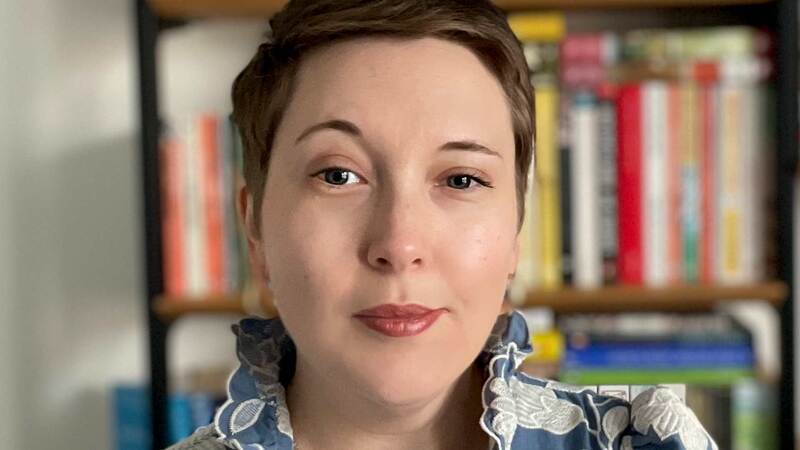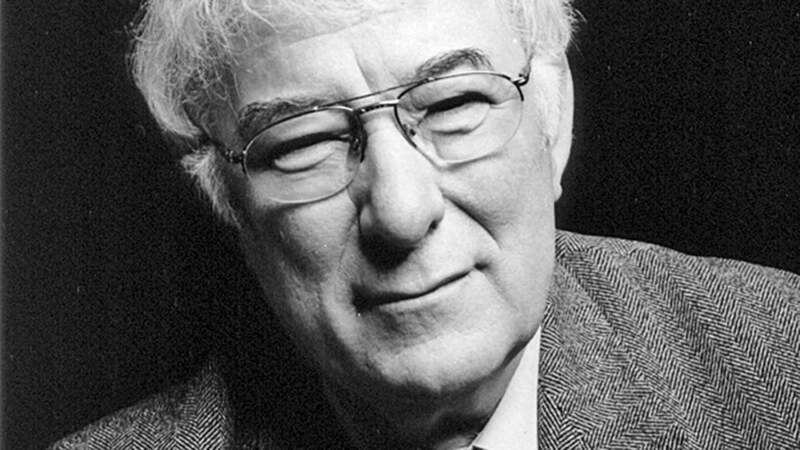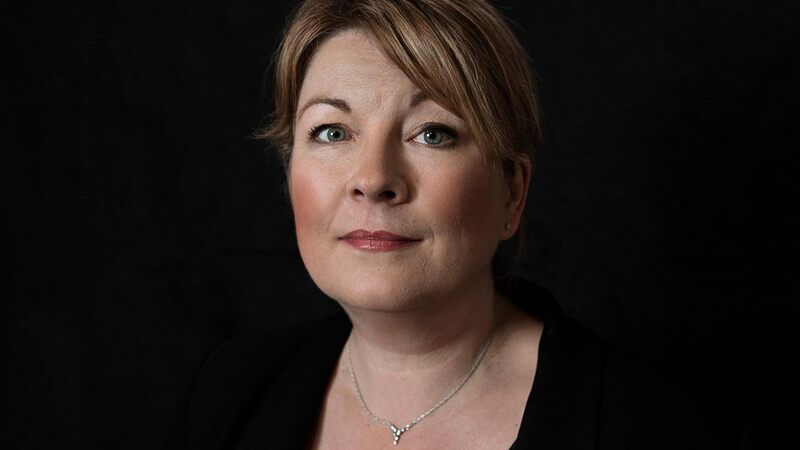You are viewing your 1 free article this month. Login to read more articles.
What I've learned since I was first published
From representing diversity to paying the bills, becoming a published author has brought a host of unexpected challenges.
This May is a personal celebration for me because two years ago my first novel, My Perfect Sister, was published. Those two years have been an amazing whirlwind of writing, networking with other writers, joining forces with authors with a disability or chronic illness (DCI) to raise our profile, and navigating a huge learning curve when it comes to the publishing industry.
It feels like I’ve come across so much during my new career – and yet, in this ever-changing industry, I still have so much to learn, particularly when it comes to issues that affect DCI authors. Topics such as our underrepresentation; the accessibility of the profession; the debate around "own voices" and who should write what in their novels; and the affordability of keeping going in this largely underpaid industry rear their heads, provoking challenges and, sometimes, differences of opinion.
Two years ago I was just ecstatic to achieve my dream of being a published author, even more so when my second psychological thriller, Her New Best Friend, came out in August 2021. I’d got my foot on the bottom rung of the ladder: needless to say the difficulties involved in not falling off it, never mind clambering up, hadn’t yet occurred to me.
Before I got a book deal I wasn’t sure whether including disabled characters would be a no-no to agents and publishers, a fear which I subsequently discovered was shared by other DCI authors. Would they see disability as unsaleable? Despite some positive small steps it’s still an ongoing issue. There’s also the question of the comparisons that publishers make with other novels when deciding whether to buy a book. If there are few novels to compare your idea with (for example novels containing positive representations of disability), could that mean automatic rejection?
As more and more DCI authors get published, the hope is that the market for our work will grow bigger. Yet of course DCI authors don’t have to write about disability and that’s another issue in our community. If we include disability in our writing, will that mean we get pigeonholed as "the disabled writer", leaving us unable to write about other topics when the muse hits us? Or because we are disabled will publishers automatically expect us to write about disability?
If you come off disability benefits to be able to sell your books you need to have the certainty of a guaranteed income. On top of that, disabled people face extra living costs that need to be paid for – and that’s without the cost of living crisis that we’re all facing. It’s a conundrum.
Those of us who do include disabled characters in our work agree with the own voice concept, that for too long disability and chronic illness have been written about from the non-disabled point of view. It’s a hot topic in general, along with the historical underrepresentation of novels written by the Black, brown, minority ethnic, working class and LGBTQI+ communities.
Yet as novelists we make things up. We imagine other people’s lives and situations and write them down on paper. To say a topic or character is off limits for a particular writer feels like it goes against the whole ethos of being a novelist. I myself have characters in my book who are average height and can run for a bus, something I’ve never been or have had the ability to do. And needless to say despite my writing about crime I’ve never murdered anybody – I’ve only imagined what it might be like!
In my books I want to represent the diverse society we live in, including characters who aren’t my gender, ethnicity, religion or sexuality. Should my books only contain disabled, white, middle-aged women? Of course not. When writing a character who is not like myself I do my research and avoid tired stereotypes. I also question whether I’m the best person to write that particular story. For example I may have a white female protagonist with restricted growth, but I’d steer clear from making her an immigrant from, for example, a Syrian background, because I know there are other writers whose lived experience would make them far better at telling that story than me – as long a publisher will listen.
Finally there’s the issue of cold, hard cash, which we all need to pay bills and put food on the table. Writing can be an ideal profession for DCI people, as we can work when we feel well enough to and do so from home. Due to our conditions, however, we may not be able to write books as quickly as other authors, or do living wage jobs such as bar staff and hospitality workers to supplement our incomes between book contracts. If you come off disability benefits to be able to sell your books you need to have the certainty of a guaranteed income. On top of that, as the charity Scope says, disabled people face extra living costs that need to be paid for – and that’s without the cost of living crisis that we’re all facing. It’s a conundrum.
I hope there will be many more books and publication anniversaries to come for me. My aim is to be in this profession for the long run and to do so no doubt there will be many more challenges ahead. I expect ups, downs and bumps along the road, but as long as I don’t veer off it I’ll be happy.





















